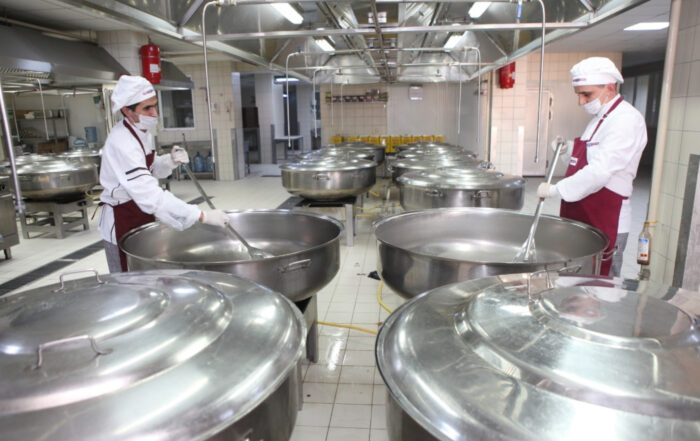Complaint Handling SOPs for Non-Resident Food Importers into Canada
How food consumer complaints are managed is an important component of a Preventive Control Plan (PCP) and the Complaints Handling SOP is one of the major components of compliance evidence in a PCP that the Canadian Food Inspection Agency (CFIA) expects. This SOP is a requirement for Canadian-based food manufacturers/exporters, domestic importers, and Qualified Non-Resident Importers (NRIs).
To make a complaint, consumers can contact food companies physically based in Canada directly. For NRIs it is a little bit different. The CFIA defines NRIs as foreign-based food companies that import food into Canada but do not have a fixed place of business in Canada.
As per the Safe Food for Canadians Regulations (SFCR), it is the responsibility of the Safe Food for Canadians (SFC) License Holder to develop, implement and maintain a Complaint Handling SOP. This means it would either be the qualified NRIs responsibility, or the importer of record located in Canada to oversee complaint handling compliance requirements.
From our experience with clients, we find it sometimes difficult for a Qualified NRI to develop an effective complaint handling SOP, most often because they lack the full knowledge of Canadian food regulations. This is where a local consultant can help to bridge the gap.
The Anatomy of the Complaint Handling SOP
Customer complaints are considered as performance indicators and can be used to validate the effectiveness of a food safety management system and related control measures. A well-designed Complaint Handling SOP can help to prioritize complaints especially if the business has limited resources to dedicate to it. Prioritization is important since not all customer problems have the same urgency; there are times however where a customer complaint may be serious enough to warrant a food recall and immediate action takes precedence.
An effective complaint handling SOP must determine how the complaints are captured, investigated, analyzed, recorded, and reported. This includes:
- Documenting the complaint management process by answering the five questions: what, where, when, who, and how.
- Implementing a risk assessment tool to ensure that complaints with higher risk are treated as a priority.
- Detailing the process of root cause analysis, corrective actions, and preventive actions along with deadlines for completion of each.
- Providing extensive guidelines as to how customer communications take place.
- Explaining steps to be taken where a complaint may be serious enough to warrant a recall.
- Determining record-keeping procedures and timeframes.
Regular complaint handling review meetings are expected to take place on pre-determined frequencies to discuss the complaints received and the effectiveness of the investigations and corrective actions. This helps management to understand the performance trends and to set goals for continuous improvement.
A NRI Client Case Study
In March 2021, MCS Associates received a request from an NRI located in the USA who had received a written report of non-compliance from the CFIA after completing a virtual PCP compliance verification inspection. To avoid suspension of their SFC License, corrective actions had to be provided to the CFIA by the end of April 2021. To add stress to the situation for the NRI, their shipment was already on the Atlantic Ocean heading towards Canadian customs.
The inspection report was asking for compliance evidence with Import Control sub-element, including a complaint handling procedure. The only good news was that they had maintained a record of their complaints in place and that was all they had.
MCS Associates supported this client with the development of a cost-effective SOP tailored to their specific operational needs while meeting all related SFCR requirements. This evidence was sufficient for the CFIA Inspector to decide not to suspend their SFC License and to release the product on the ocean upon arrival in Canada. This measure provided this NRI with a timeframe to become compliant with the rest of the SFCR requirements pertaining to their products.
Can we help? Contact Us.
Contact our food safety experts at enquiries@mcs-associates.com to support your Complaint Handling SOP and PCP requirements.







